Health
-

Social media detox boosts mental health, but nuances stand out
‘Wildly different reactions’ among participants, says researcher
-

New research finds 5 genetic signatures shared by 14 psychiatric disorders
Could advance treatment of mental illness with greater precision, less medication

-

Break in the case for long COVID investigators
Research highlighting chronic inflammation opens path to treating illness that affects millions of Americans

-

The problem with the school smartphone debate
Study finds most districts already regulate devices. Is the real issue enforcement?

-
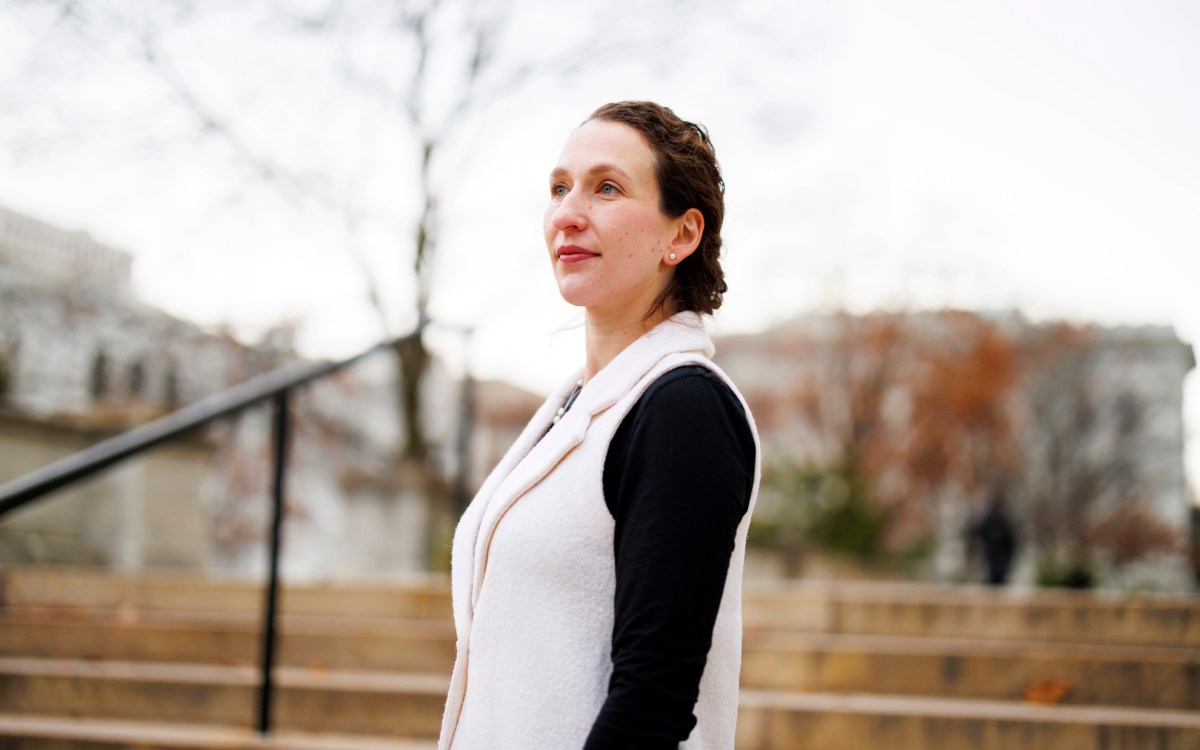
Just who gets a say at FDA public drug-approval hearings?
New research shows negative voices are relatively rare in drug approval hearings.
-

Your digital twin might save your life
AI, statistics offer new possibilities for personalized medicine
-
Time to finally stop worrying about COVID?
Chan School’s William Hanage says CDC may have eased some recommendations, but vulnerable populations remain just that

-
Despite prevalence, arthritis, neck and back pain receive few research dollars
Musculoskeletal diseases are the leading cause of years lived with disability
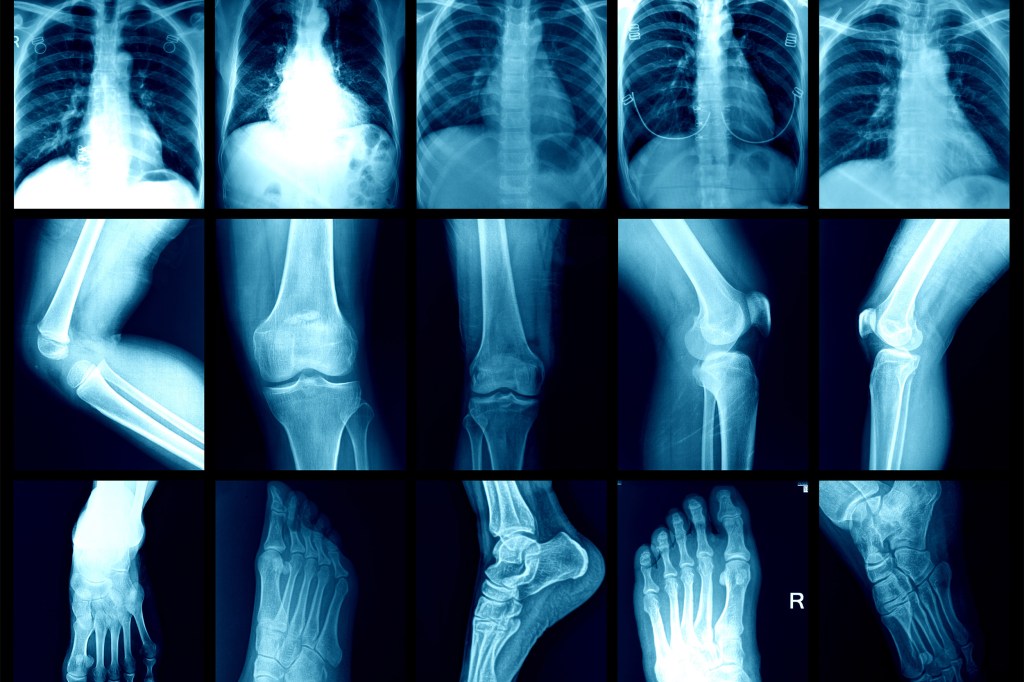
-
Potential link to an everyday food in cancer findings
Oleic acid, key component of olive oil, implicated in metastasis — but investigators emphasize the need for more clarity
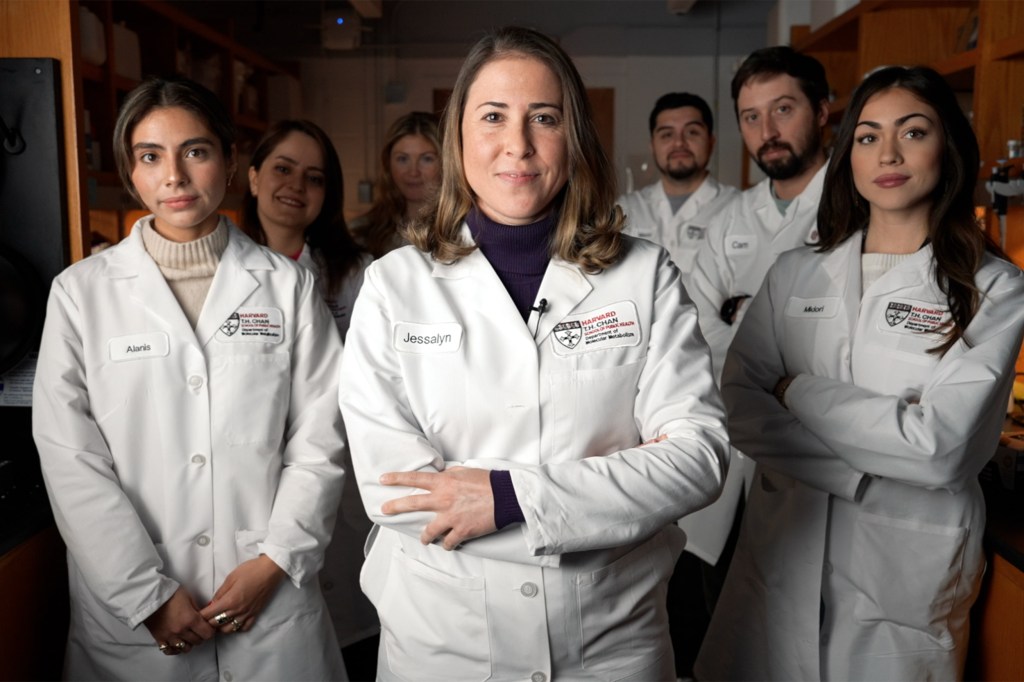
-
Finding flaws in superbugs’ armor
Harvard biochemists’ research paves the way for development of new antibiotics
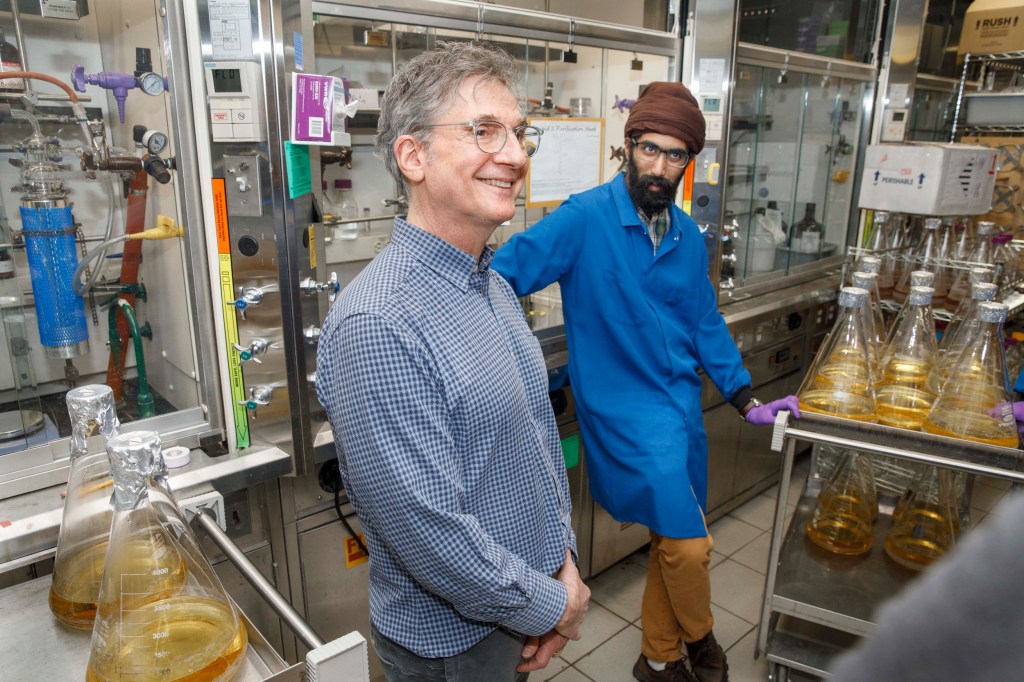
-
Her friends’ parents were dying of cancer. Then her mom got sick.
Childhood tragedy sparks Harvard researcher Jen Cruz’s quest to root out public health inequities

-
How to deliver very bad news
It’s hard to be a doctor. This is when it’s really hard.
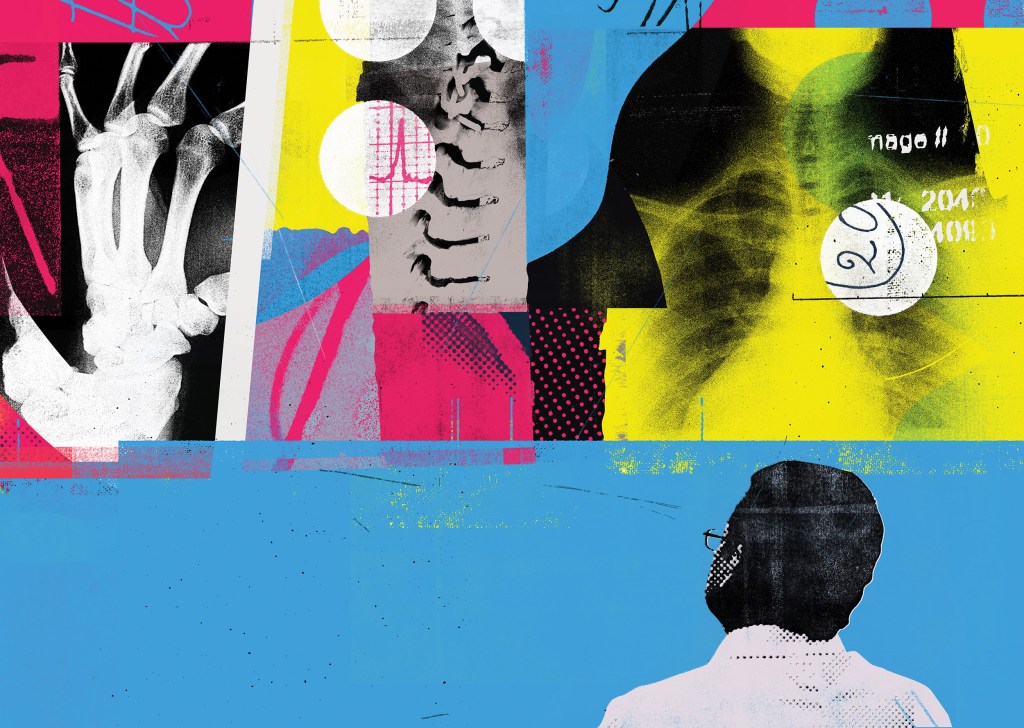
-
Do high-stress jobs put pregnancy at risk?
Study compared outcomes for expecting doctors, lawyers. One group fared worse.

-
What if the hospital was at your house?
Study finds ‘acute’ care at home effective, improves patient experience — could slow rising healthcare costs

-
Was racism a factor in mother’s leukemia?
Dale Blackstock grew up low-income, became a physician. Her death left daughter Uché, also a doctor, with a lesson on color, class, healthcare

-
Looking to rewind the aging clock
Harvard researchers create model that better measures biological age, distinguishes between harmful and adaptive changes during life

-
Potential new weapon in battle against superbugs
Harvard team’s synthetic molecule highly effective against drug-resistant bacteria

-
What do we do with our loneliness?
‘Harvard Thinking’ looks at health crisis with experts Jeremy Nobel and Milena Batanova

-
A win for science, and patients, against brain injury ‘nihilism’
Hope for progress even after a 450-foot fall, trial shows, defying pessimism that hurts research and families

-
We’re social beings. So are microbes.
When we pick up our neighbors’ bugs, we get the good as well as the bad and the ugly

-
New evidence shows COVID-19 isn’t done with us yet
Study suggests lack of regular care and screenings set stage for worse public health outcomes, wider disparities

-
How to shrink the cancer risk in your diet
Less junk. Forget fasting. Cook, cook, cook.

-
Cancer keeps coming for the young. Why?
Harvard’s Kimmie Ng among gastrointestinal specialists hunting culprit behind global disease wave
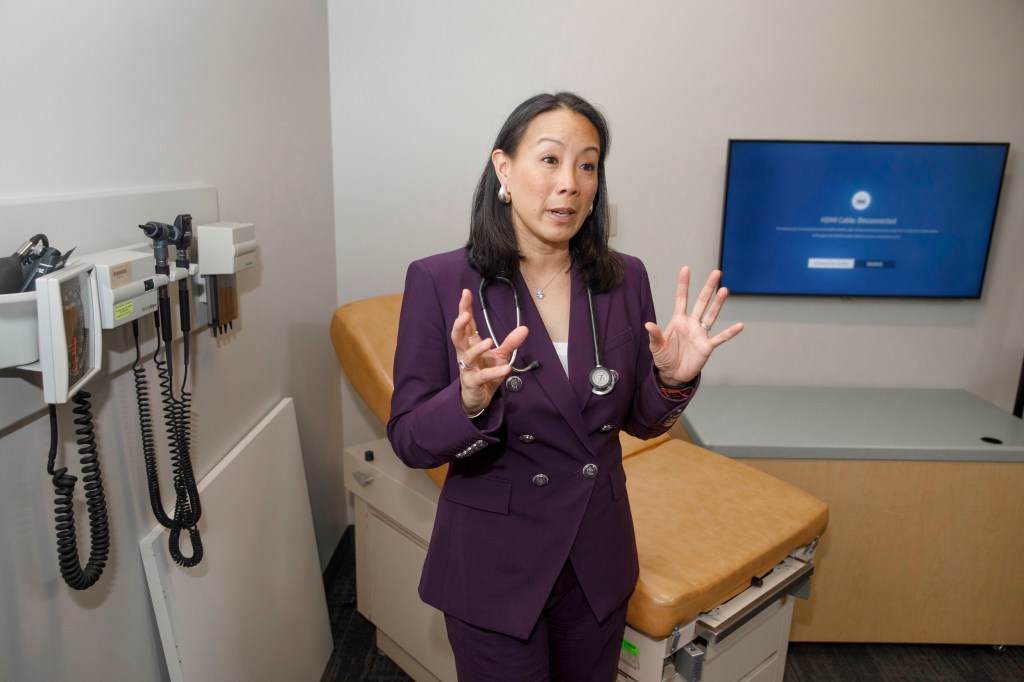
-
How ‘Ozempic shaming’ illuminates complexities of treating weight problems
Obesity physician says it’s not simply lack of willpower, details research into destructive effects of stigma around body size
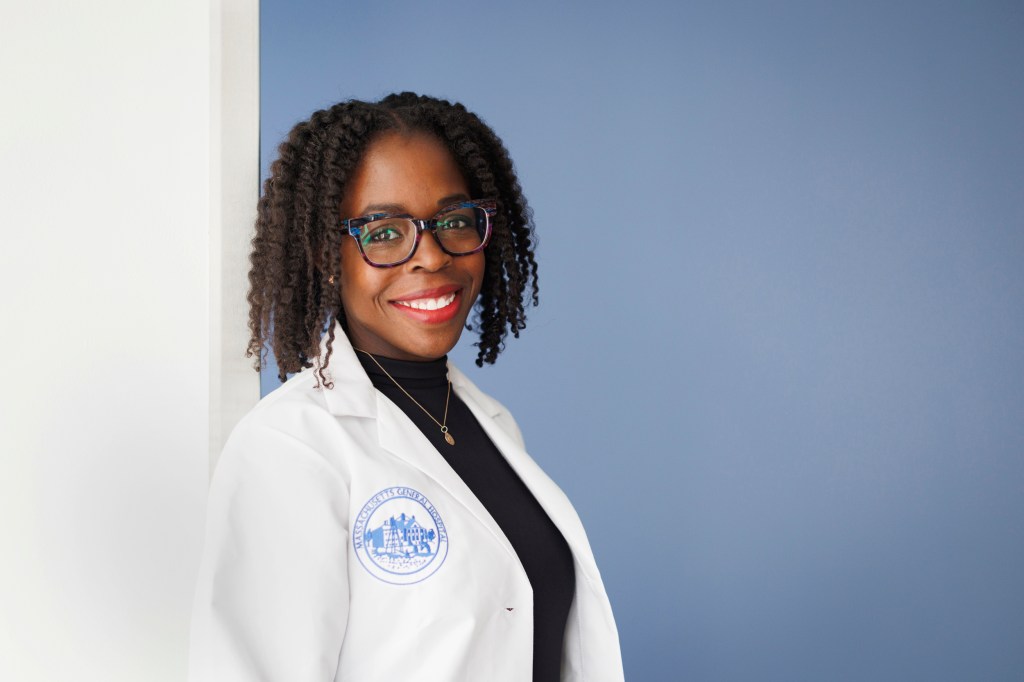
-
More than meets the eye
Mass. General photo contest celebrates art of science Annual awards call attention to the research underlying stunning scientific images.

-
AI model flags high-risk pancreatic cancer patients 18 months before diagnosis
Novel approach caught 3.5 times as many cases than current screening guidelines would have for 40-plus group
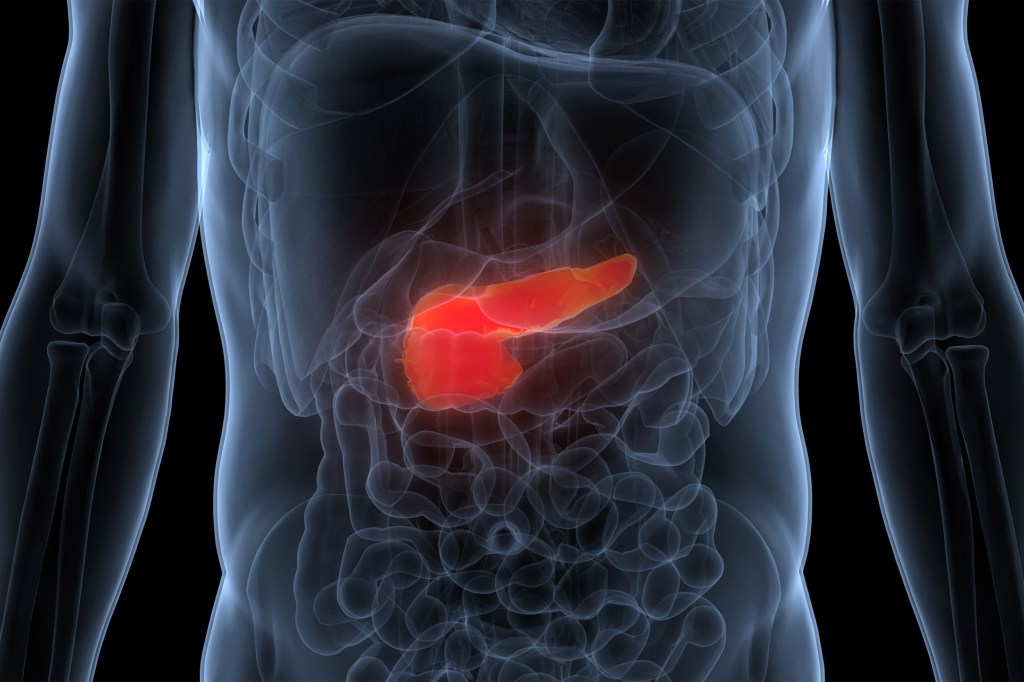
-
How much drinking is too much?
‘Harvard Thinking’ explores the health effects of moderate alcohol consumption

-
Resolve to get healthier, lose weight? Setting BMI goal might not be best way
Physicians, researchers point to limits of centuries-old metric, urge more holistic approach

-
Gene-therapy breakthrough allows congenitally deaf children to hear
Harvard scientist co-leads research, which targeted specific condition, may yield other treatments for more of the 30 million kids with genetic hearing loss

-
Why regulators may toss cold water on buzz over psychedelics
Drugs show promise as new treatment option for some psychiatric maladies, but experts see possible state, federal legal clash
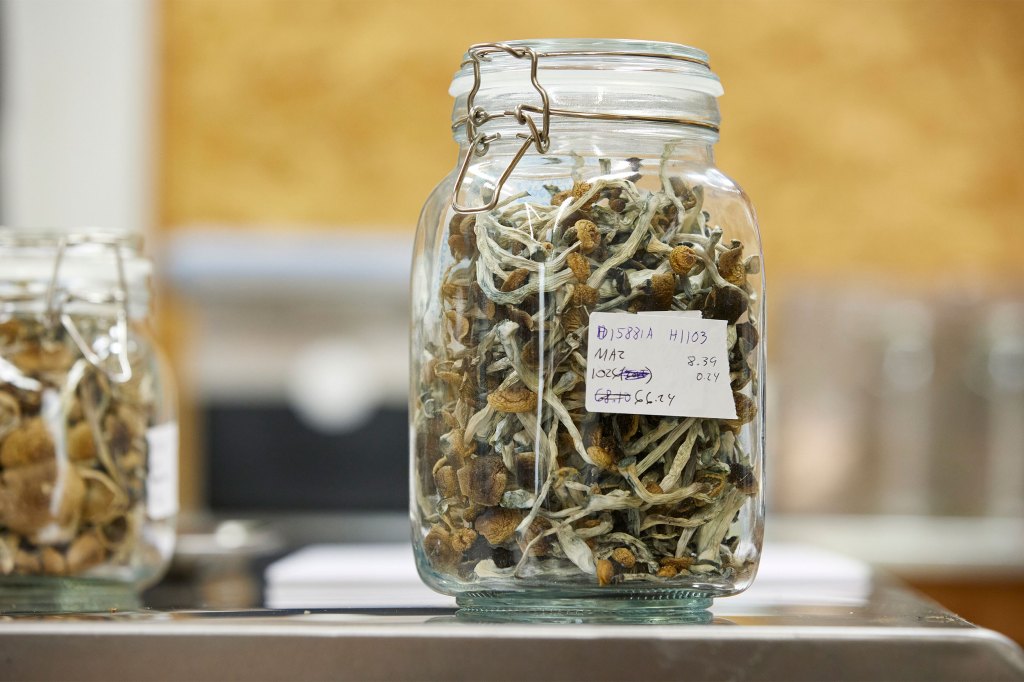
-
Drug overdose deaths remain high. Fentanyl test strips may help
Massachusetts, other states make moves to legalize indicators of contamination by potent, deadly synthetic opioid

-
Harvard researchers see genetic link between anorexia, early rising
Eating disorder may also play a role in insomnia

-
Follow the research in 2024
Whether you’ve resolved to cut stress, lose weight, catch up on sleep, or be a better person, Harvard researchers have answers to help you get started

-
High rate of diagnostic error found in ICU
Nationwide study pinpoints testing mistakes as most common cause

-
Looking for the best low-carb diet? Plant-based wins again.
New study links healthy plant proteins, fats with slower long-term weight gain

-
Care riskier for patients at private equity hospitals
Study finds alarming decline in quality, safety measures after buyouts


